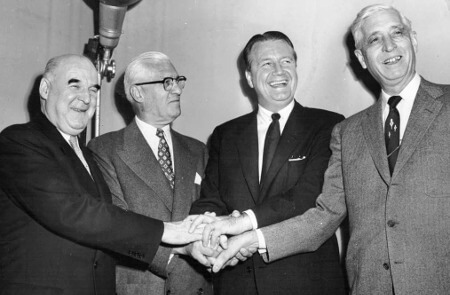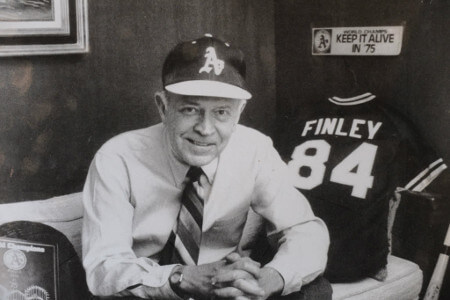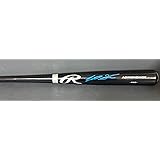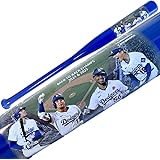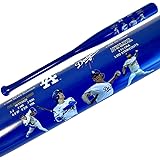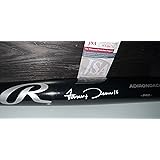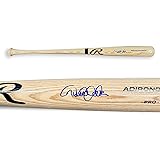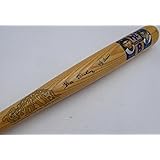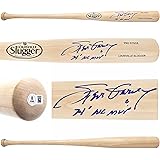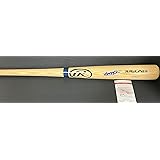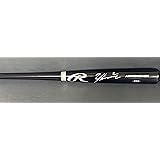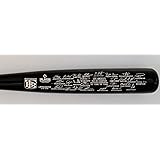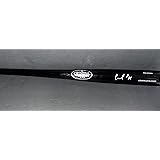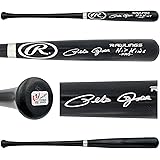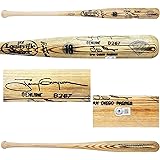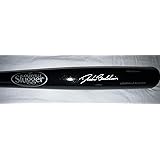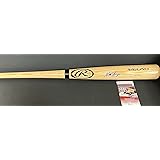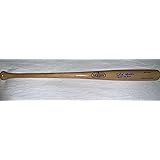The Kansas City Athletics history covers a short but memorable chapter in Major League Baseball. Relocated from Philadelphia in 1955, the Athletics brought big-league baseball to Missouri for 13 seasons. Though wins were limited, the franchise built a devoted fan base. The era of Kansas City Athletics baseball remains important in understanding the team’s long journey.
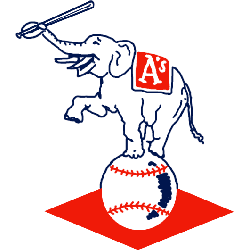
Established
1901
City
Philadelphia – Kansas City – Oakland - Sacramento
League History
2000 – Present / Major League Baseball
1901 – 1999 / American League
Team History
2025 - Present / Athletics
1968 – 2025 / Oakland Athletics
1955 – 1967 / Kansas City Athletics
1901 – 1954 / Philadelphia Athletics
Nickname
Athletics – The Kansas City Athletics is one of the most iconic teams in Major League Baseball (MLB). While their history has many great moments, fans may not know how and why they were named "Athletics." We need to look back at the team's origins to understand this.
Kansas City Athletics Origin
The Athletics began as an American League (AL) charter member in 1901. The original owner was Benjamin Shibe, who chose “Athletics” as an homage to Philadelphia’s amateur baseball teams from years prior. He believed that it reflected his commitment to fielding competitive and successful teams year after year; subsequently, he dubbed them “the A's."
Over time, they became known simply as "the A's" or sometimes even "the 'A,'" which has become synonymous with their name today. It is also worth noting that during World War II, when metal was scarce for making uniforms and equipment, some players wore jerseys emblazoned with a large letter ‘A.' This further cemented its association with Kansas City athletics over time!
Although much has changed since then - including several moves across cities - one thing remains constant: the nickname 'Athletics.' No matter where you go or what era you're from, if someone says 'Kansas City Athletics,' everyone knows precisely who they're talking about!
Championship
World Series 0
1989, 1974, 1973, 1972, 1930, 1929, 1913, 1911, 1910
Stadium
2025 - Present / Sutter Health Park
*Oakland*
2019 – Present / RingCentral Coliseum
1968 – 2018 / Oakland–Alameda County Coliseum
2012 – 2015 / O.co Coliseum
2011 / Overstock.com Coliseum
2004 – 2008 / McAfee Coliseum
1998 – 2004 / Network Associates Coliseum
*Kansas City*
1955 – 1967 / Municipal Stadium
*Philadelphia*
1909 – 1954 / Shibe Park
1953 – 1954 / Connie Mack Stadium
1901 – 1908 / Columbia Park
Owner
2016 - Present / John J. Fisher
2005 – 2015 / Lewis Wolff
1995 – 2005 / Steve Schott and Ken Hofmann
1981 – 1995 / Walter Haas
1960 – 1981 / Charlie Finley
1954 – 1960 / Arnold Johnson
1922 – 1954 / Connie Mack
1901 – 1922 / Ben Shibe
- 1954
- 1960
-
Move to Kansas City – Athletics
In 1954, Chicago real estate magnate Arnold Johnson bought the Philadelphia Athletics and moved them to Kansas City. Although he was initially a hero for making Kansas City a major-league town, it soon became apparent that he was motivated more by profit than any regard for the baseball fans of Kansas City. He had long been a business associate of ... -
Charles Finley New Owner
On December 19, 1960, Charles “Charlie” O. Finley purchased a controlling interest in the team from Johnson’s estate after losing out to Johnson six years earlier in Philadelphia. He bought out the minority owners a year later. Finley promised the fans a new day. In a highly publicized move, he purchased a bus, pointed it in the direction of New ...
To qualify as the greatest player for this team, the player must have played one season for this team. If not, we will remove the player.
* verifies that player has played for this team as an added player by a fan.
Kansas City Athletics History
The Kansas City Athletics history began in 1955 when the team moved from Philadelphia to Kansas City, Missouri. Playing in the American League, the franchise brought Major League Baseball back to the city for the first time since 1901. Owned primarily by Arnold Johnson, the Athletics played at Municipal Stadium until 1967. Although their time in Missouri was brief, Kansas City Athletics baseball remains a notable chapter in the franchise’s long journey.
The team’s first game was held on April 11, 1955, against the New York Yankees. Even though the Athletics lost 8–2, the game marked a milestone for Kansas City fans. That season, they finished with an 84–70 record and secured a playoff berth. Facing the Brooklyn Dodgers, the Athletics started strong with a 2–0 series lead but ultimately lost in seven games. Art Ditmar and Bob Grim delivered standout pitching performances, earning respect across the league.
Momentum carried into 1957 under manager Lou Boudreau. His leadership pushed the Kansas City Athletics history forward as he guided the team deep into postseason play. Although they fell 5–4 to the Milwaukee Braves, who went on to win the World Series, Boudreau’s work was recognized with the American League Manager of the Year Award. Players such as Vic Power and Jim Finigan were also instrumental in keeping the team competitive during this period.
However, challenges soon followed. After Arnold Johnson passed away in 1964, ownership stability declined. In 1965, Charlie Finley purchased the franchise and began making sweeping changes. The Athletics played their final seasons in Kansas City before relocating to Oakland in 1968, ending an important era of Kansas City Athletics baseball. While their stay was short, the franchise left behind unforgettable memories for local fans.
Athletics Achievements
The achievements of the Kansas City Athletics history include multiple playoff runs, three American League pennants, and six division titles during their twelve years in Missouri. These accomplishments proved that the team could compete with some of baseball’s best despite frequent ownership and roster changes.
Beyond wins and losses, the Kansas City Athletics baseball era helped pave the way for future growth of the sport in Missouri. Their presence inspired generations of baseball fans and set the stage for Kansas City to later welcome the Royals in 1969. Though their name and city changed, the Kansas City Athletics remain an important part of baseball’s broader legacy.
Sports Fan Products
Retired Number
9 / Reggie Jackson
24 / Rickey Henderson
27 / Catfish Hunter
34 / Rollie Fingers
34 / Dave Stewart
42 / Jackie Robinson
43 / Dennis Eckersley
– / Walter A. Haas, Jr.
*Blue is this team’s history

